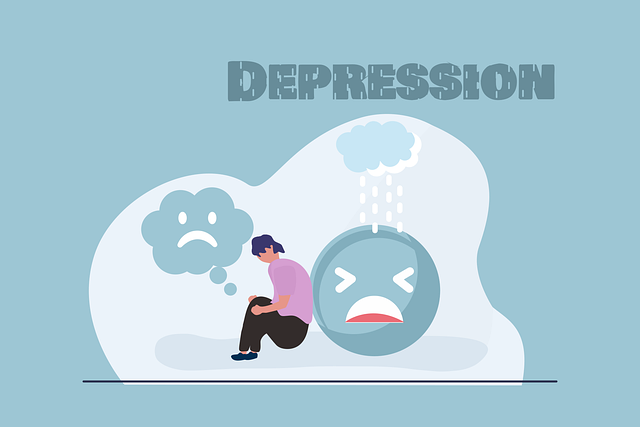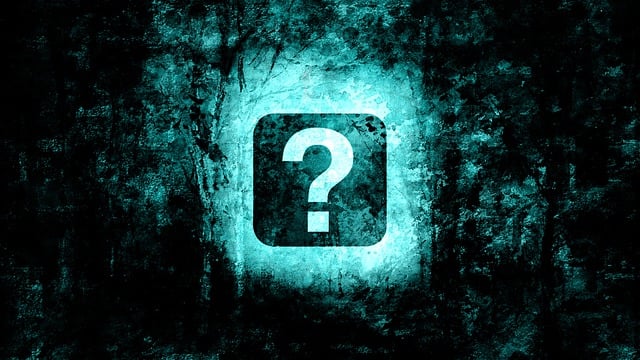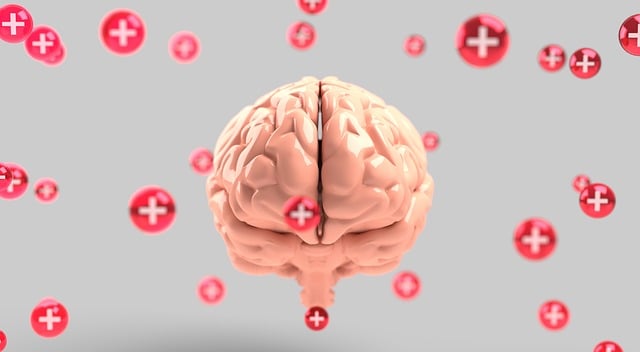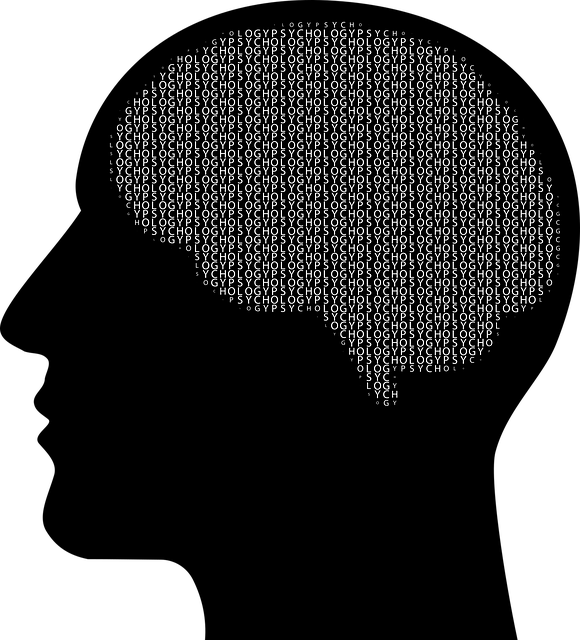Dissociative Disorder in young adults is a hidden yet critical mental health concern, often misconstrued and neglected. Early intervention through specialized therapy, such as EMDR and CBT, backed by cultural sensitivity and education, can prevent severe consequences like social isolation and self-harm. Accurate diagnosis challenges persist due to subtle symptoms and stigma, emphasizing the need for evidence-based practices like mindfulness meditation and stress reduction. Tailored therapeutic approaches, including social skills training, are vital for improving outcomes, ensuring timely interventions, and providing effective therapy for young adults with Dissociative Disorder.
Mental illness diagnosis accuracy is a critical aspect of patient care, especially for complex conditions like Dissociative Disorder (DD), which often goes undiagnosed or misidentified. This article delves into DD’s impact on young adults, exploring its subtle symptoms and associated risks. We examine the challenges in current diagnosis methods, including cultural biases and limitations in traditional assessments. By highlighting innovative approaches such as EMDR therapy and advanced neuropsychological evaluations, we advocate for enhanced clinician training and interprofessional collaboration to improve diagnostic accuracy. Furthermore, a supportive ecosystem that includes family involvement, peer networks, and access to specialized facilities is crucial for effective DD treatment among young adults.
- Understanding Dissociative Disorder and Its Impact on Youth
- – Definition and symptoms of Dissociative Disorder
- – Prevalence among young adults and associated risks
- Challenges in Diagnosis: Current Gaps and Misconceptions
Understanding Dissociative Disorder and Its Impact on Youth

Dissociative Disorder is a complex mental health condition often overlooked or misunderstood, particularly when it impacts young adults. It involves a disconnection from reality and can manifest as a range of symptoms, including memory gaps, altered sense of identity, and feelings of detachment from one’s own thoughts and body. For youth struggling with this disorder, the impact can be severe, affecting their ability to function in daily life, maintain relationships, and perform well academically or professionally.
Early intervention is crucial for improving outcomes for these individuals. Mental health professionals play a vital role in recognizing and diagnosing Dissociative Disorder, often requiring specialized training in trauma-informed care. Effective therapy for young adults with this condition focuses on mood management techniques, helping them regulate emotions and process traumatic experiences. Additionally, risk management planning is essential to ensure the safety and well-being of these clients during treatment, fostering a positive thinking mindset and promoting coping strategies that enhance their overall mental health and resilience.
– Definition and symptoms of Dissociative Disorder

Dissociative Disorder, a complex mental health condition often overlooked, affects individuals by fragmenting their sense of identity and memory. Symptoms manifest as a disconnection from reality, with sufferers experiencing detachment from themselves or their surroundings. This can include depersonalization, where people feel like an outside observer of their own actions, and derealization, leading to a distorted perception of the world around them. These symptoms often develop in response to severe trauma, such as childhood abuse or military combat experiences. Young adults presenting with these signs may struggle with maintaining stable relationships, experiencing intense mood swings, and exhibiting impulsive behaviors.
Effective treatment for Dissociative Disorder typically involves specialized therapy tailored to address its unique aspects. Therapies like Eye Movement Desensitization and Reprocessing (EMDR) and cognitive-behavioral therapy (CBT) are proving beneficial. EMDR helps individuals process traumatic memories while CBT equips them with coping skills to manage symptoms. Cultural sensitivity in mental healthcare practice is crucial, ensuring that treatment approaches are tailored to the individual’s cultural background and experiences. Additionally, mental health education programs designed for young adults can foster self-awareness, promote understanding of dissociative symptoms, and encourage early intervention and support networks.
– Prevalence among young adults and associated risks

Mental illness diagnoses among young adults have become a growing concern, with dissociative disorders emerging as a significant area of interest. This demographic faces unique challenges that can contribute to the development of such conditions, often stemming from trauma, stress, or other psychological factors. The risks associated with untreated or misdiagnosed dissociative disorders can be severe, leading to social isolation, academic and professional difficulties, and even self-harm.
Efforts to improve diagnosis accuracy focus on enhancing therapeutic approaches tailored for young adults. Techniques such as therapy for young adults with dissociative disorder, coping skills development through mindfulness meditation, and social skills training have shown promise in addressing these complex mental health issues. By implementing evidence-based practices, professionals can better support this vulnerable population, ensuring timely interventions and more accurate diagnoses.
Challenges in Diagnosis: Current Gaps and Misconceptions

Diagnosing mental illnesses, especially complex conditions like dissociative disorders, presents significant challenges due to a range of current gaps and misconceptions. One of the primary hurdles is the often subtle nature of symptoms, which can easily be overlooked or misunderstood. Dissociative Disorder, for instance, involves a disconnection from reality, but these experiences can be mistaken for mere daydreaming or even dramatic behavior. This misconception leads to potential delays in accurate diagnosis and subsequent therapy for young adults suffering from this disorder.
Furthermore, the complexity of these conditions often requires a comprehensive assessment that includes exploring an individual’s history, current circumstances, and underlying psychological mechanisms. Misconceptions about mental health persist, contributing to stigma and hindering patients from seeking help. For example, some may associate symptoms of dissociation with weakness or lack of willpower instead of recognizing them as potential signs of a serious disorder. Addressing these gaps through education, raising awareness, and promoting evidence-based practices, such as mindfulness meditation and stress reduction methods, is crucial to enhance diagnosis accuracy and improve outcomes for individuals struggling with dissociative disorders and other complex mental health conditions. Self-esteem improvement strategies also play a vital role in this process.
Mental illness diagnosis, particularly for complex conditions like Dissociative Disorder, requires continuous improvement. By increasing awareness among healthcare professionals and promoting accessible therapy for young adults experiencing dissociative symptoms, we can enhance diagnostic accuracy. Addressing the current gaps and misconceptions is vital to ensure appropriate care and support for affected youth. With dedicated efforts, we can navigate these challenges, leading to more effective treatment outcomes and improved well-being for those navigating this disorder.









